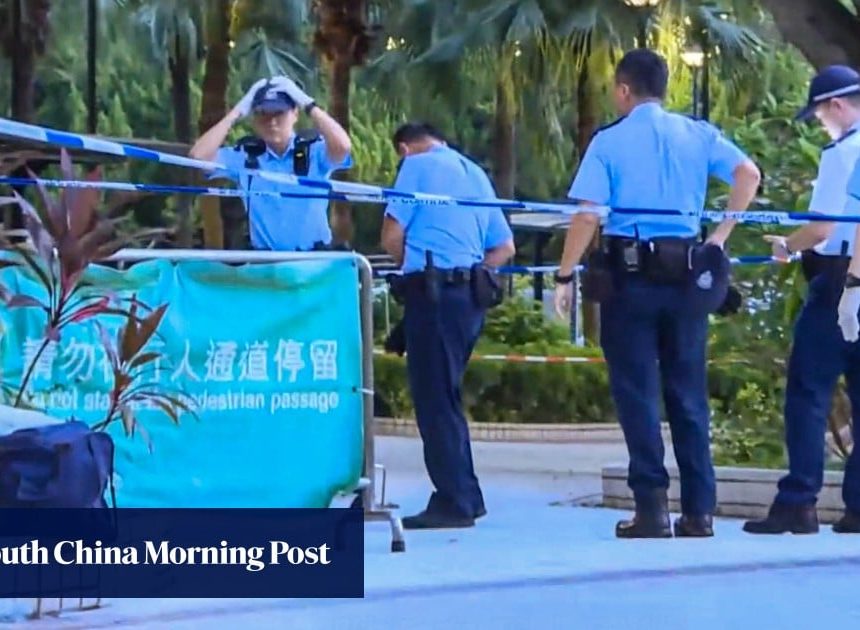Regarding Jonathan Liew’s article (Say what you like about ‘Sadiq Khan’s no-go hellscape’ – Britain’s cities prove the rightwing agitators wrong, 3 November), my experience of London has been one of welcome and joy in its people and cultural venues. I am 80 and have chosen to retire to north-east London to live in this very multicultural, vibrant environment in my final years.
I have in the past enjoyed the peace of Devon and Hampshire, but in both I missed a certain heartbeat – the joy of art and music – and now these and more are on hand in London. I find the people friendly, the young polite and, because I walk with a stick, just about everybody makes space for me to get along the pavements. On the tube, young men, particularly those of Asian descent, immediately offer a seat, and bus passengers do the same.
All in all London is a wonderful city, and as far as I am concerned, very safe and an easy place to live.
Marian Borthwick
New Wanstead, London
Having lived in London for 40 years, I agree with most of Jonathan Liew’s defence of cities. Some, however, will find jarring his suggestion that they are “the fullest expression of what it is to be human”. Cities cut people off from a fundamental aspect of our humanity: that we are part of the natural world and the wider universe. Wildlife in cities is present only in pockets. The stars are all but invisible. Humans herded into cities focus on other humans, their products, cultures and cuisines, to the exclusion of our wider natural context.
A deeper understanding of cities needs to factor in the research described in another article (Britain one of least ‘nature-connected’ nations in world – with Nepal the most, 1 November). Our lack of connection to other species reduces our wellbeing and is a major cause of biodiversity loss. If cities like London are the fullest expression of the human condition, our future is a bleak one.
Charlie Swan
Clare, Suffolk
I so agree with Jonathan Liew. I’ve only lived in London for seven years but worked here for over 40 (now in my 80th year). The demonisation of London, and cities in general, by the right wing is simply because we are not part of their tribe. We are everyman, colour, creed, language, cuisine, gender, religion and every other human variation. All living together in harmony, peace and understanding. I absolutely love the differences I see and hear around me. It offers me so many different opportunities for making the most of my life. I am white British, but have several family members who are not.
This is what the right sees as a threat. Multiculturalism in all its glory, which cuts counter to the so-called British way of life. If that existed at all it was historically a time when we preferred to exploit people from other parts of the world rather than welcome them.
Bob Bunn
London
Having been lucky to live a very long life with both urban and rural periods, I loved Liew’s defence of London. This time of year, as the darkness begins around 4pm, I can still walk my dog along sparkly lit streets, pop into a cafe or visit a friend. In the village, it’s batten down the hatches or get in the car and hope you’re not too blinded by headlights. There’ll be no buses. Of course, you could get murdered in either place, but so far so good.
Susan Hemmings
London
In his brilliant and refreshing defence of our capital, Jonathan Liew overestimates the number of motorways to Brighton. The M23 only comes down as far as Crawley, where it becomes the A23, So there is only half a motorway to Brighton.
Nik Le Saux
Brighton
I take exception to Jonathan Liew referring to Suffolk’s knife crime rising by 50% compared with London’s 1% increase. Liew is using statistics very selectively. According to knife crime statistics by police area, London has 182 per 100,000 compared with Suffolk’s 35.
Rosie Smithson
Felixstowe, Suffolk


